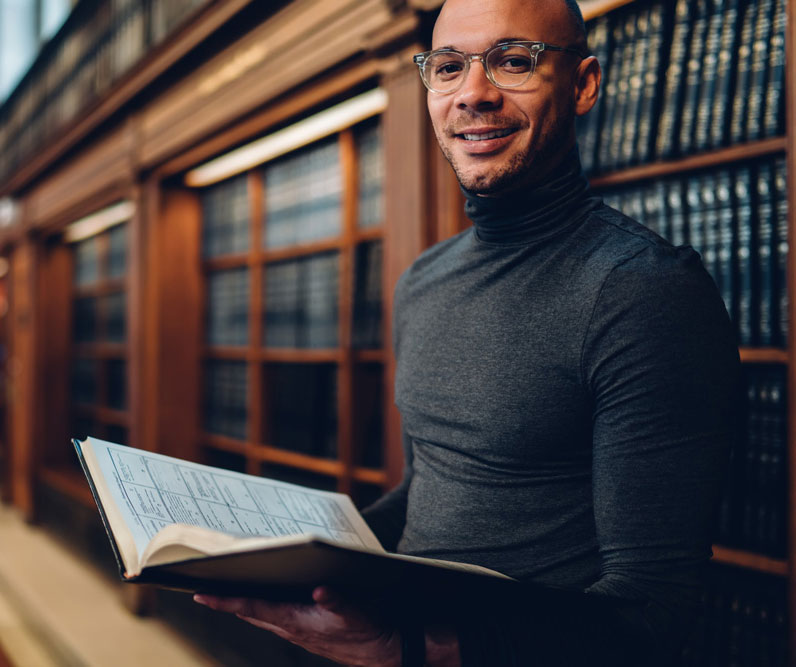The central figure in a little fable called “The Magic Eyes,”1 is the local baker–a self-righteous, uptight little man named “Fouke.” His wife, Hilda, a warm, outgoing person, loved Fouke as much as he allowed her but longed for something more from him than his self-righteousness and uptightness. But Fouke remained steadfast in his self-centered attitude and approach to life and Hilda became more and more disillusioned. Finally, Hilda gave in to the temptation to seek comfort elsewhere and she betrayed her husband. Fouke discovered the betrayal, and the townsfolk assumed that Fouke would throw Hilda out of the house. But, to their surprise, he announced that he had forgiven Hilda, in his words, “as the Good Book said I should.” But, deep inside, he could not bring himself to truly forgive Hilda for her indiscretion. In reality, by pretending to forgive he was punishing her with his self-righteous, shallow “mercy.”
But “Fouke’s fakery did not sit well in heaven,” the story tells us.…
To view this resource, log in or sign up for a subscription plan
